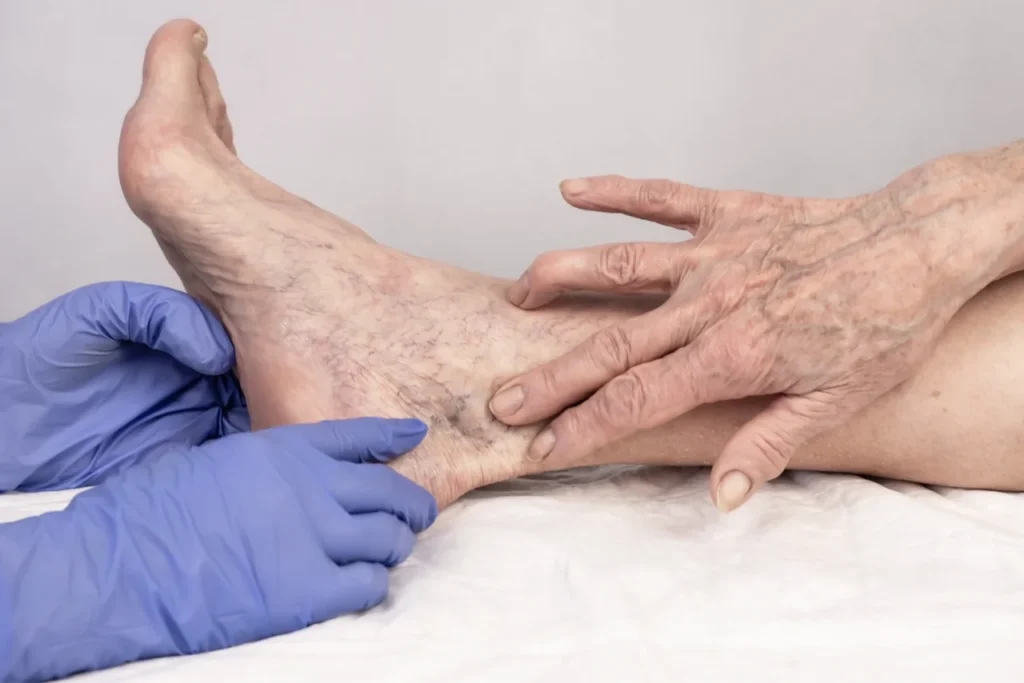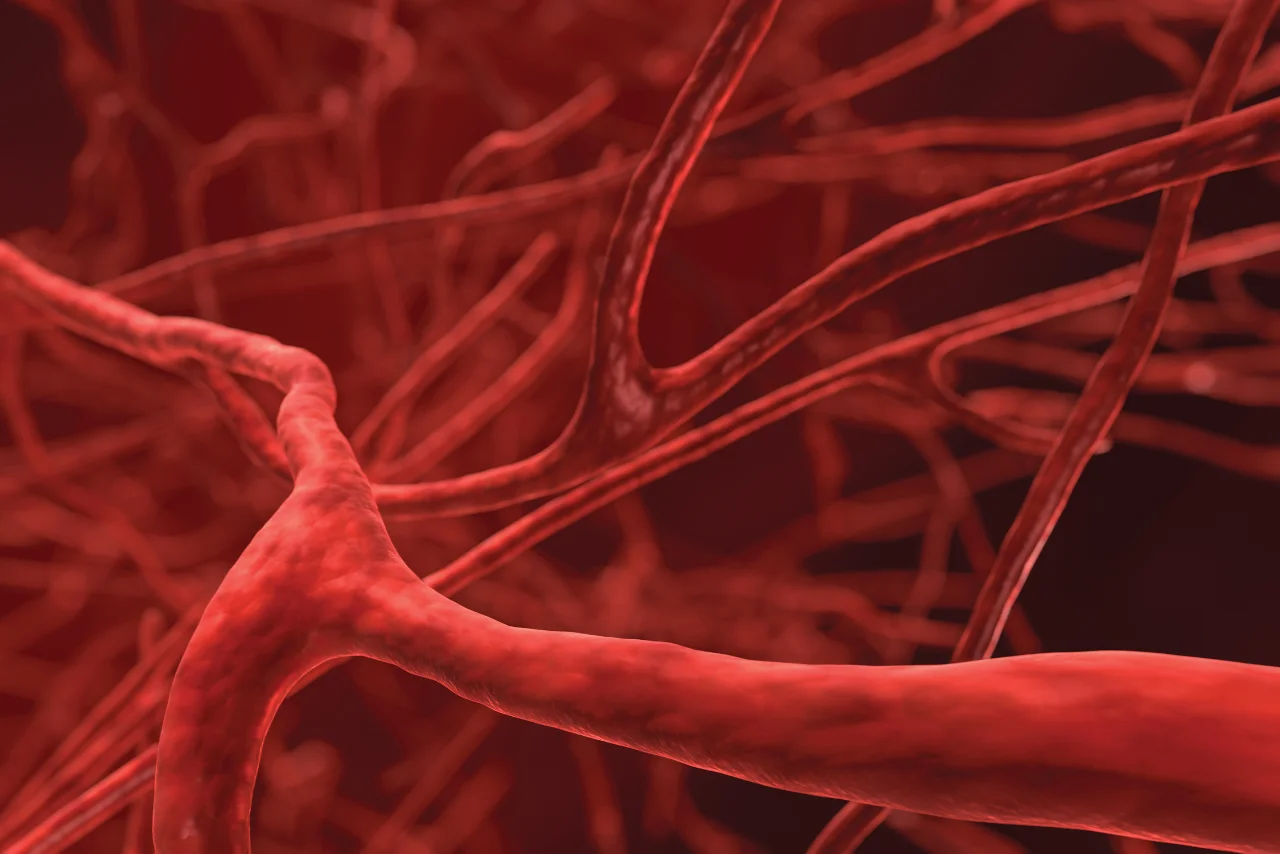At TriState Vein Specialists, Dr. Aron Rovner leads our efforts to provide innovative solutions for varicose veins. Our VenaSeal treatment is a cutting-edge option designed for those seeking effective relief. This minimally invasive vein closure procedure uses a specialized medical adhesive to seal diseased veins, providing a safe, effective, and quick recovery solution.

The VenaSeal procedure involves delivering a unique medical adhesive to affected veins, effectively sealing them. This closure procedure for veins redirects blood flow to healthier vessels, alleviating the discomfort commonly associated with chronic venous insufficiency.
During the VenaSeal vein treatment, a small catheter is inserted into the problematic vein using ultrasound guidance. The VenaSeal medical adhesive for veins is injected, allowing for the closure of the affected vein
Choosing the VenaSeal procedure offers many benefits:
When comparing VenaSeal vs. traditional vein treatments, it’s important to note the unique benefits of VenaSeal:

After the VenaSeal procedure, most patients can resume regular activities almost immediately. The recovery time is minimal due to the non-invasive nature of the treatment.
Contact us today to learn how our VenaSeal treatment expertise can help you achieve healthier veins and a better quality of life!
The long-term effects of VenaSeal are largely positive, with patients reporting lasting relief from symptoms and excellent results. The high closure rate confirms its effectiveness in treating varicose veins.
Research indicates that the success rate of the VenaSeal procedure is over 94.6% within a five-year period, showcasing its effectiveness in treating varicose veins.
The cost of VenaSeal treatment can vary based on individual circumstances and the extent of treatment required. During your initial consultation, we will provide a detailed estimate based on your specific needs.
While VenaSeal complications are rare, potential side effects can include skin irritation or a mild allergic reaction. It’s vital to discuss these concerns with your doctor before undergoing the VenaSeal procedure.
We utilize advanced, minimally invasive treatment methods for optimal outcomes.
Our dedicated team is focused on delivering exceptional results.
We prioritize your comfort and well-being throughout your treatment journey.
At Tristate Vein Specialists, we are proud to offer the VenaSeal procedure, a leading-edge solution for varicose veins. Under the guidance of Dr. Aron Rovner, our team is dedicated to providing you with personalized care and the latest advancements in vein treatment.